- Your cart is empty
- Continue Shopping
Product Overview
Pipzo 2.25 gm Injection is an antibiotic combination used to treat various bacterial infections by eliminating the bacteria responsible for the illness.
Administration
This injection is administered by a healthcare professional and should not be self-injected. Your doctor will determine the appropriate dose and treatment schedule based on the severity and type of your infection. It is important to follow your doctor’s instructions closely.
Possible Side Effects
Some common side effects include nausea, vomiting, diarrhea, and skin rash. You might also experience pain, swelling, or redness at the injection site. If any of these symptoms continue or worsen, consult your healthcare provider promptly.
Precautions
Inform your doctor if you have allergies to antibiotics or suffer from kidney or liver conditions, as your treatment may need adjustment. Under medical supervision, this injection is typically considered safe during pregnancy and breastfeeding.
Uses
Pipzo Injection is effective against a wide range of bacterial infections, including those affecting the ears, sinuses, throat, lungs, urinary tract, skin, teeth, joints, and bones.
How It Works
This medication combines two components:
-
Piperacillin, a penicillin-type antibiotic that prevents bacteria from multiplying by disrupting their cell wall formation, and
-
Tazobactam, a beta-lactamase inhibitor that protects Piperacillin from being broken down by resistant bacteria, thereby enhancing its effectiveness.
Benefits
By combining these two agents, Pipzo Injection effectively combats bacteria that might otherwise resist treatment. Though symptoms often improve within a few days, it is essential to complete the entire course to fully clear the infection and prevent antibiotic resistance.
Safety Information
-
Alcohol: There are no known harmful interactions with alcohol.
-
Pregnancy: Generally safe when prescribed by a doctor; limited evidence shows no significant risk to the developing fetus.
-
Breastfeeding: Considered safe as the medication is unlikely to pass into breast milk in harmful amounts.
-
Driving: Consult your doctor if you experience any symptoms that may impair concentration or alertness before driving.
-
Kidney Disease: Use with caution; dosage adjustments may be necessary.
-
Liver Disease: Usually safe but consult your healthcare provider for advice.
Missed Dose
If you miss a scheduled dose, contact your doctor for guidance on how to proceed safely.




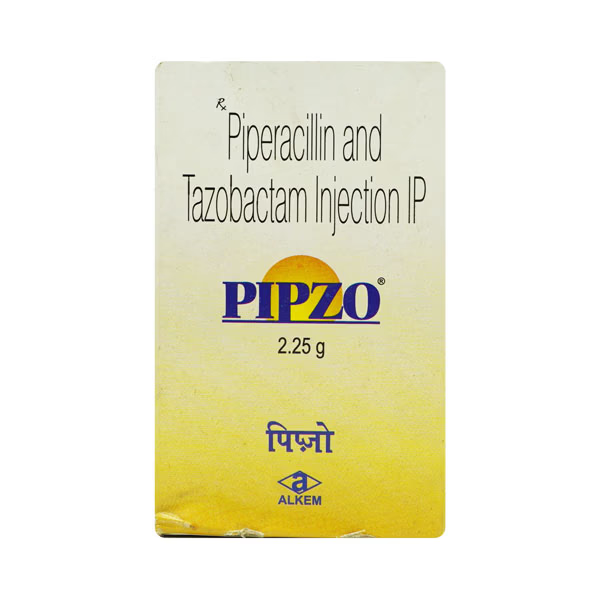
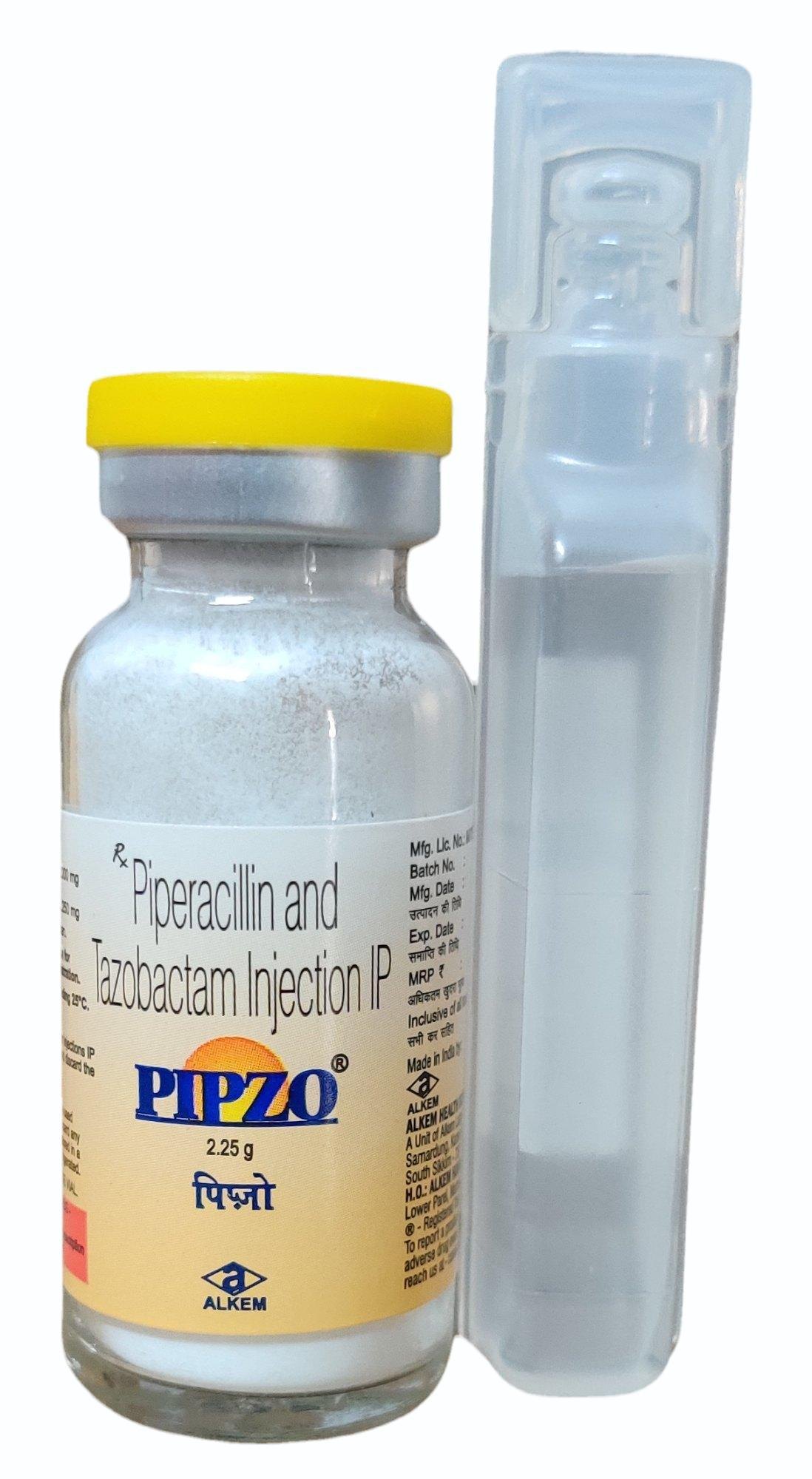
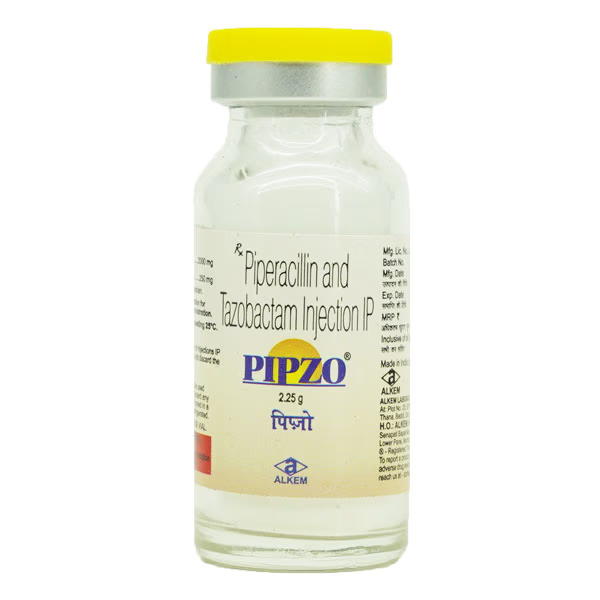




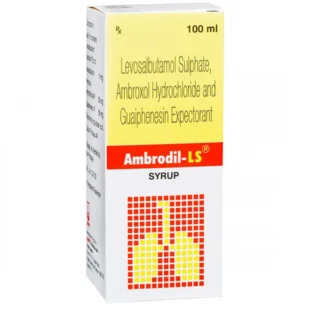


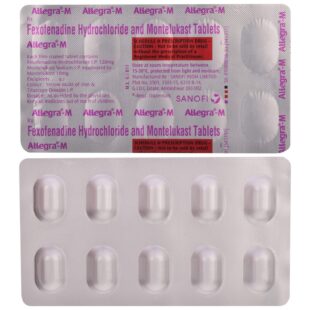
Reviews
There are no reviews yet.